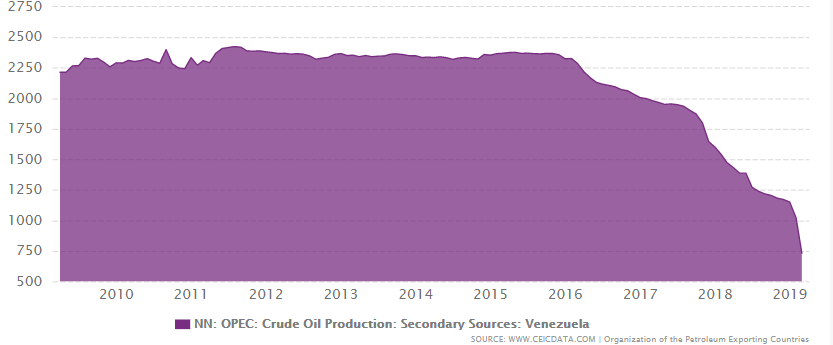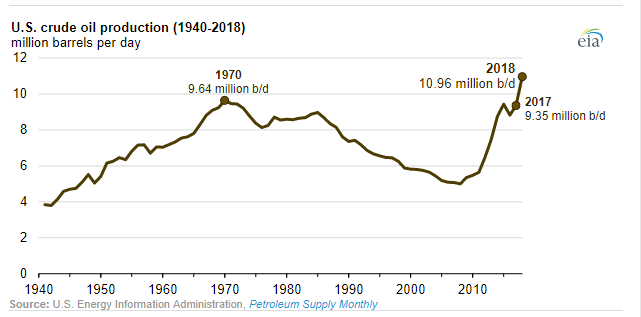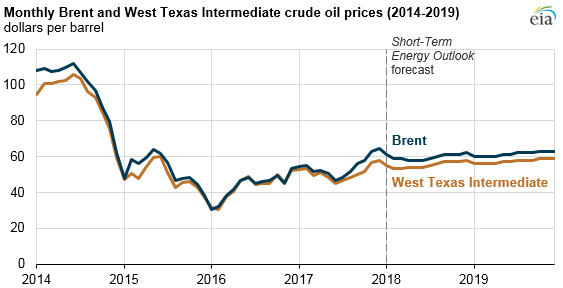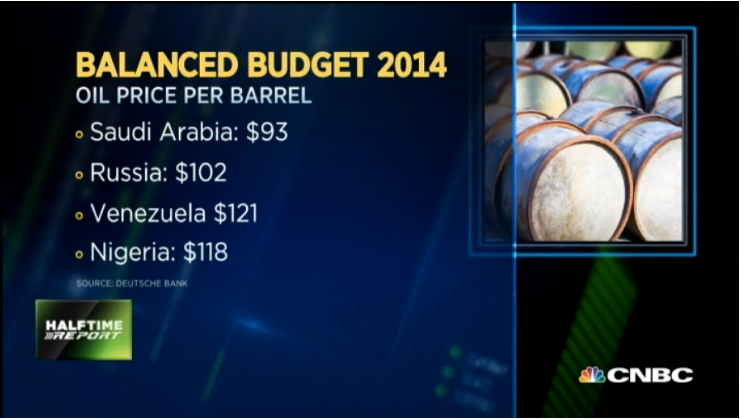America Is Partially Responsible for Venezuelan Crisis, But Not In The Way Representative Omar Thinks
Representative Omar is in the news regarding her statements that U.S. actions are making the situation in Venezuela worse. On Democracy Now, Representative Omar stated:
““This particular bullying and the use of sanctions to eventually intervene and make regime change really does not help the people of countries like Venezuela, and it certainly does not help and is not in the interest of the United States,” she added.”
I don’t disagree that it is possible for efforts to enact regime changes can have unforeseen and negative consequences, but there is a simpler explanation for Venezuela’s downfall than sanctions and conspiracy. These explanations are socialism, and American oil production.
Venezuela has the largest oil reserves in the world, and oil production was consistently high, but this began to change in 2016. Now, Venezuela is not even in the top ten for oil-producing countries, ranking 11th in 2018.

Coincidentally, oil production in the U.S. skyrocketed after 2010, and now hydraulic fracturing and horizontal drilling has made #Merica the largest oil producing country in the world.

The surge in U.S. oil production caused prices to crater. After peaking at more than $114 per barrel of oil in September 2014, oil prices have never recovered, and that is bad news for countries that were dependent upon oil revenues to maintain government spending. Enter Venezuela.

In 2014, it was estimated that Venezuela needed oil prices to be $121 per barrel in order to balance its budget. It is possible to paper over deficits when oil is above $100 per barrel, but the dramatic fall in oil prices caused by hydraulic fracturing exposed the gross mismanagement that socialism enables, and once the oil money was diminished, Venezuela started its tailspin.
Maybe it’s just my energy lens that is coloring my interpretation of the situation on the ground, but American fracking did have a significant impact on the “workers paradise” of Venezuela. But that doesn’t mean they are responsible for the carnage that has ensued.
When oil prices dropped, American oil companies got innovative, cut costs, and looked for ways to optimize their business models. Because they are private companies, they have the most to lose if they can’t solve the problems they face. Government-run oil companies in Venezuela, on the other hand, can explain away failure because they are creatures of the state with no competition. Slowly but surely, the country with the largest oil reserves in the world saw their share of the wold petroleum markets whither away.
